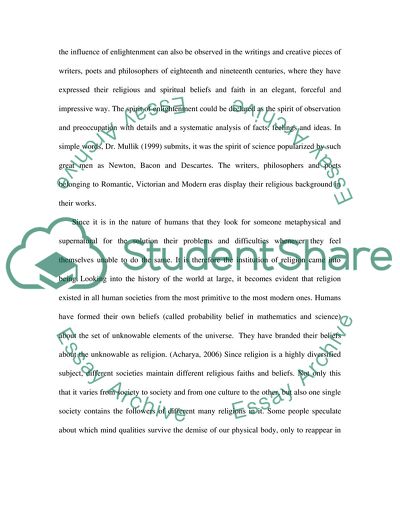Cite this document
(Enlightened Writers and Religion Case Study Example | Topics and Well Written Essays - 4250 words, n.d.)
Enlightened Writers and Religion Case Study Example | Topics and Well Written Essays - 4250 words. https://studentshare.org/religion-and-theology/1714538-enlightened-writers-and-religion
Enlightened Writers and Religion Case Study Example | Topics and Well Written Essays - 4250 words. https://studentshare.org/religion-and-theology/1714538-enlightened-writers-and-religion
(Enlightened Writers and Religion Case Study Example | Topics and Well Written Essays - 4250 Words)
Enlightened Writers and Religion Case Study Example | Topics and Well Written Essays - 4250 Words. https://studentshare.org/religion-and-theology/1714538-enlightened-writers-and-religion.
Enlightened Writers and Religion Case Study Example | Topics and Well Written Essays - 4250 Words. https://studentshare.org/religion-and-theology/1714538-enlightened-writers-and-religion.
“Enlightened Writers and Religion Case Study Example | Topics and Well Written Essays - 4250 Words”. https://studentshare.org/religion-and-theology/1714538-enlightened-writers-and-religion.


